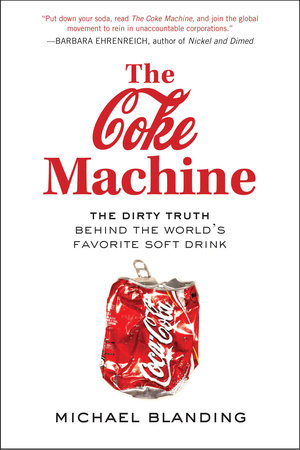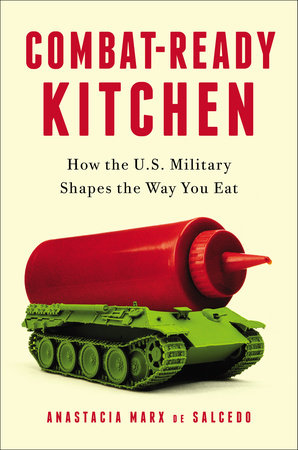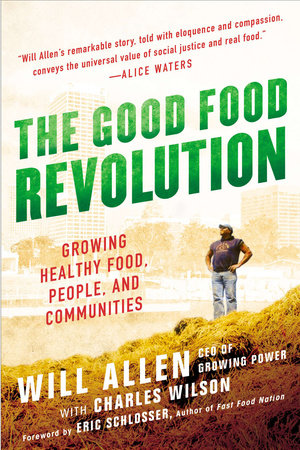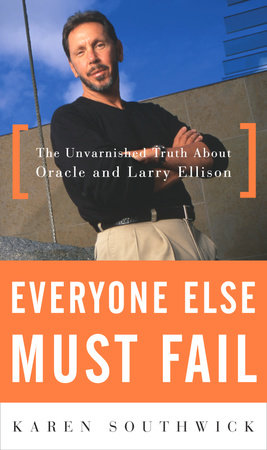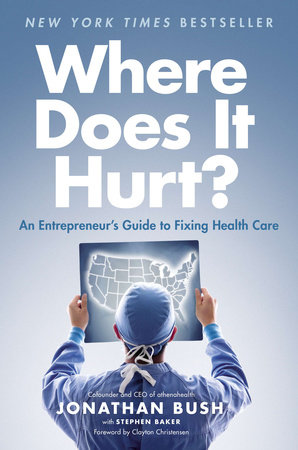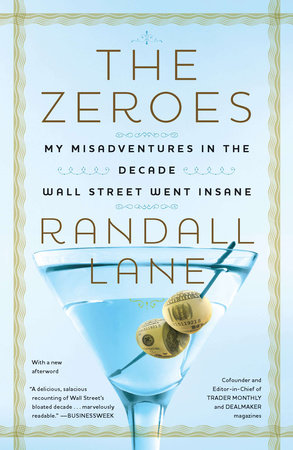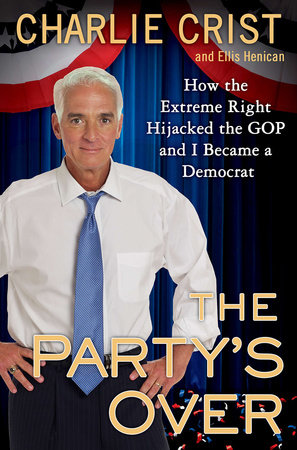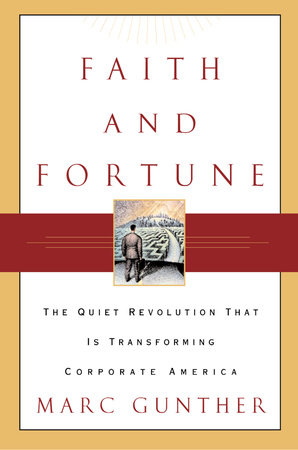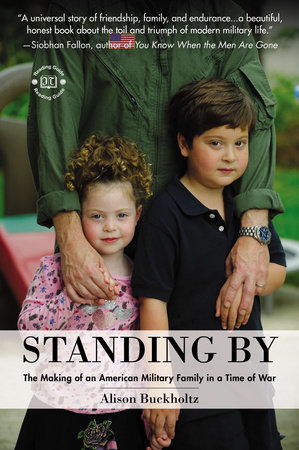What evidence is there that Coke is tied to murders of union members in its bottling plants in Colombia?The ongoing civil war in Colombia is a complicated situation, and the union members who have been murdered at Coke bottling plants have been in some ways casualties caught in the crossfire between guerillas and paramilitaries. However, there exists strong evidence that several Coca-Cola plant managers met with paramilitaries and condoned or encouraged the violence during times when workers were advocating for better working conditions or stronger protections. While there is no direct evidence that the Coca-Cola Company was involved, and while the company has denied any role in the violence, it has also repeatedly refused to cooperate in any independent investigations that might uncover the truth, including one recommended by the company’s own top lawyer.
Didn’t Coca-Cola and other soft drinks voluntarily take their products out of schools?
Yes and no. The agreement by the American Beverage Association and soda companies to take regular soda out of schools in 2006 came after an intense campaign by parents, teachers, and students, to cut the exclusive beverage contracts that allowed the sale of soda in the hallways. However, the deal was significantly weaker than another deal that the soda companies were simultaneously negotiating with health advocates to take out soda as well as sports drinks (little more than noncarbonated soda) and soda company advertising; unlike the ABA deal, that deal also one would have been binding, with an independent monitoring system put in place to track it. Since 2006, the industry’s own data claims that regular soda has been successfully removed from schools; however, there have been no independent studies to confirm that this happened, and one academic survey last year found that actually only 30 percent of schools were implementing the new guidelines, while 55 percent weren’t even aware of them.
Why don’t you believe Coke’s claims about being an environmentally responsible company?
Coke has made a lot of noise about its new environmental awareness in the past few years, especially since the criticism of the wastefulness of plastic bottles used for bottled water such as Coke’s own brand Dasani. Much of its efforts have, however, been just that—a lot of noise. Its recycling efforts, for example, have consisted in putting branded receptacles in public locations, even while it has actually reduced its pledges for using recycled content, and consistently lobbied against bottle bills, which are proven to be the most effective means of increasing recycling rates. Coke has also been criticized for depleting and polluting water supplies of villages in countries such as India and Mexico. However, in part the company’s response has been to implement “rainwater harvesting” structures, which as my reporting shows are largely useless in communities that see little rainfall anyway; and to step up water conservation efforts in parts of the world far from the places affected by its bottling plants as a way of touting its environmental stewardship.
How has Coke changed and manipulated its image in the of consumers over time?
Coca-Cola represents the greatest marketing triumph of all time. Starting out as a cocaine-laced nerve tonic to cure headaches and anxiety, Coke has transformed it image several times over the past few years to fit the changing nature of the times. In the early 20th century it used fashionable ads and movie stars to associate the drink with upscale refinement; during World War II, it wrapped itself in the stars-and-stripes to make Coke synonymous with American values (even while it continued to do business with the Nazis); and in the 1970s, it created an image of fostering global peace and harmony with its “teach the world to sing” commercials. So successful has it been at crafting its image that taste test studies have shown that drinkers actually prefer soda drunk out of Coke by a significant margin compared to the exact same soda drunk out of a plain can (a phenomenon illustrated by the New Coke fiasco in the 1980s, when consumers rejected the soda that blind taste tests showed they liked better in preference for the image of the Coca-Cola they knew).
How have activists tried to hold Coke accountable on health and human rights issues? Have they been successful?
When faced with evidence of its wrongdoing around the world—whether polluting water supplies in India, condoning violence against union members in Colombia, or contributing to childhood obesity in the U.S.—the Coca-Cola Company has followed a corporate playbook of first denying the problem, then diffusing blame to other entities, then proposing a series of half-measures, and finally, only in cases where there has been enough pressure, agreeing to actually solutions, although preferably voluntary solutions that are difficult to monitor. As I show in my book, in cases where activists have been successful in holding the company accountable, there have been two equally vital components to their efforts: (1) a prolonged public awareness campaign that threatens the company’s brand image, and (2) binding legal consequences that threaten its bottom line. In India, for example, villagers succeeded beyond all odds at closing down a Coke plant that had been polluting their water by gradually turning local and state government officials to their cause. In the U.S., the public media campaign sparked by parents, teachers, and students led to strong backlash against soda companies for their role in causing obesity, even while the lack of a binding agreement has watered down their eventual victory. On the issue Colombia, however, activists made a tactical mistake to suspend a successful public campaign on U.S. college campuses and enter into negotiations with the company, which eventually broke down after Coke’s prolonged stalling. Each of these cases in its own way, however, shows the power of the public in holding accountable even one of the most powerful corporations in the world.
